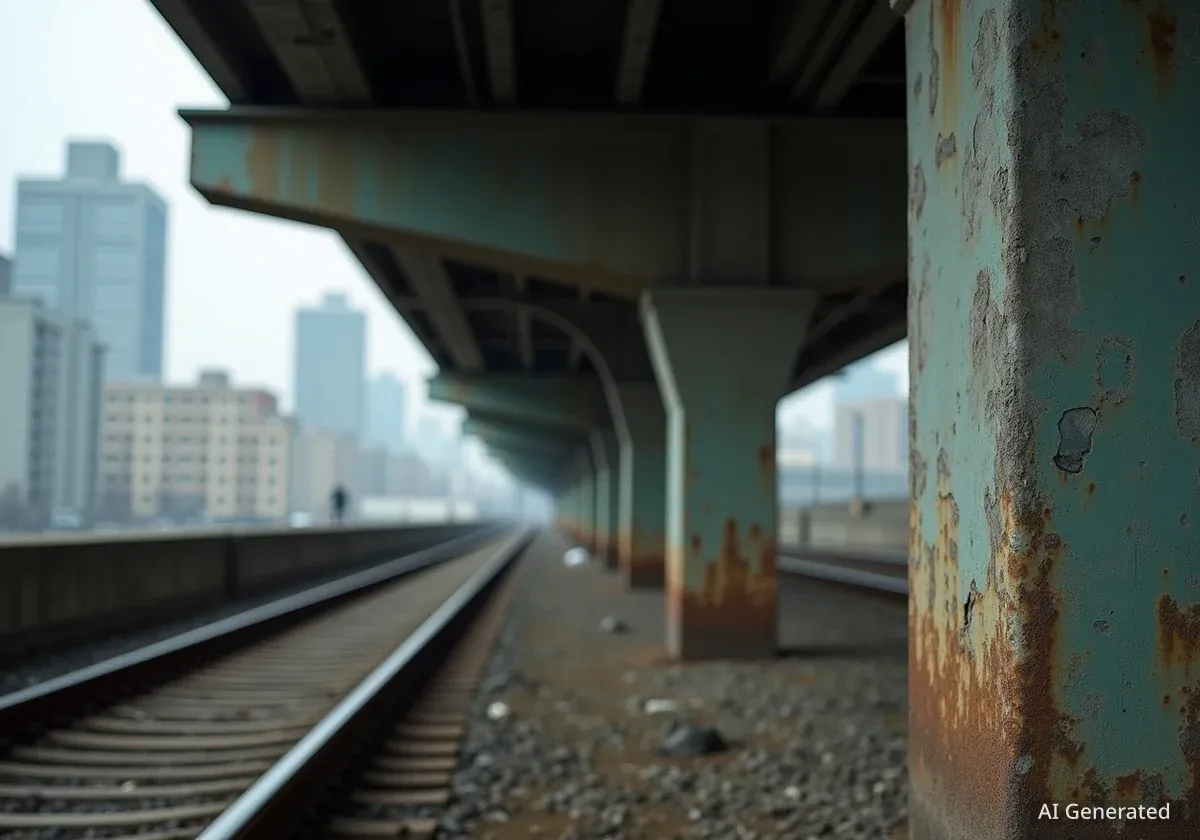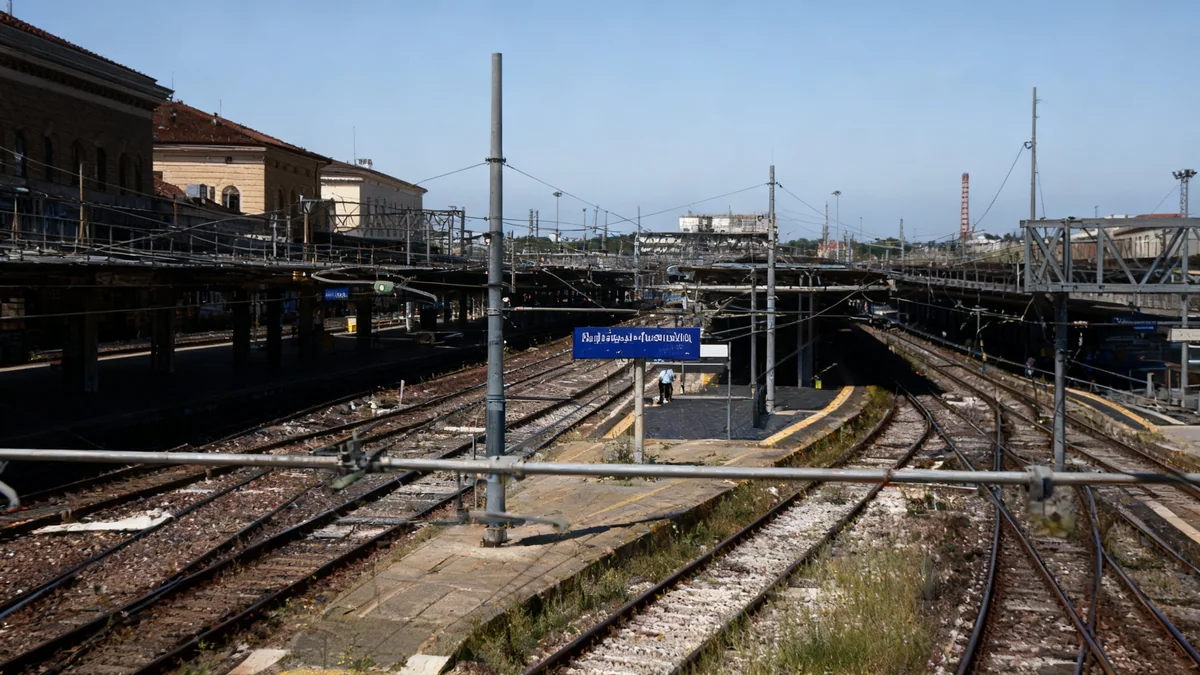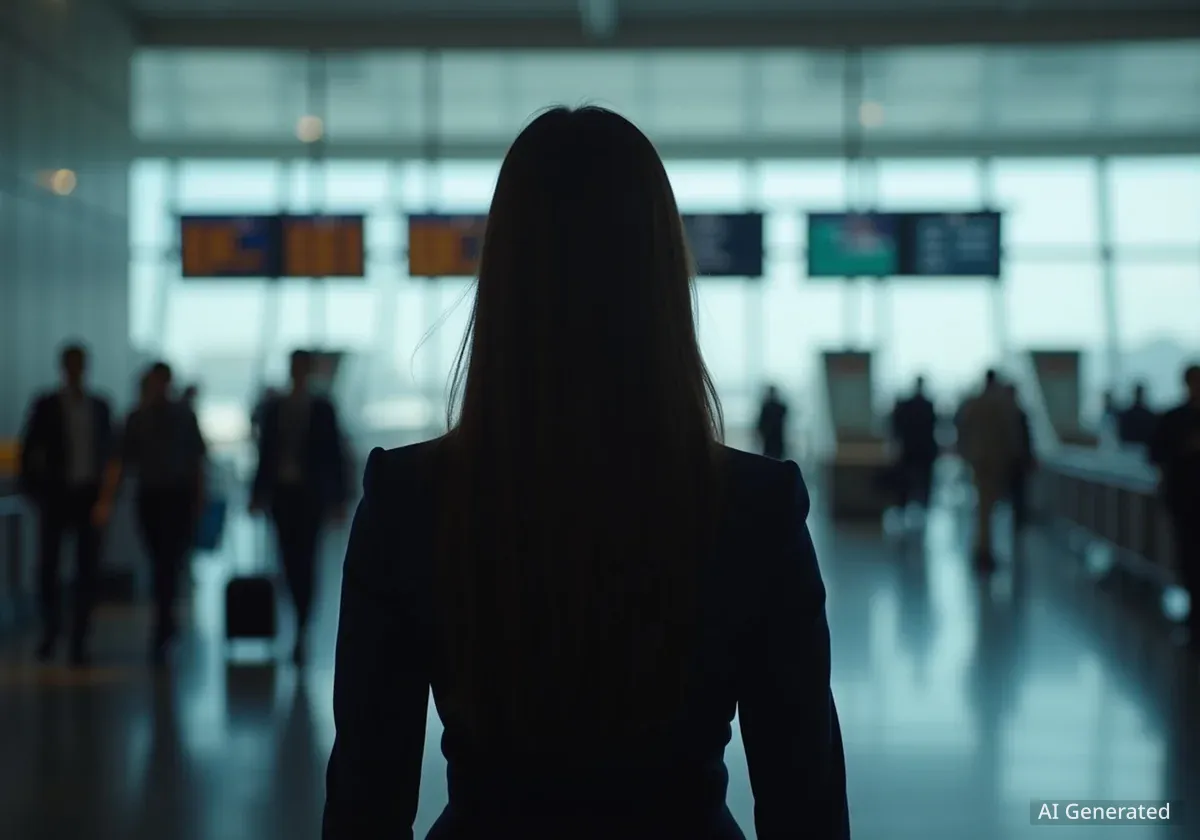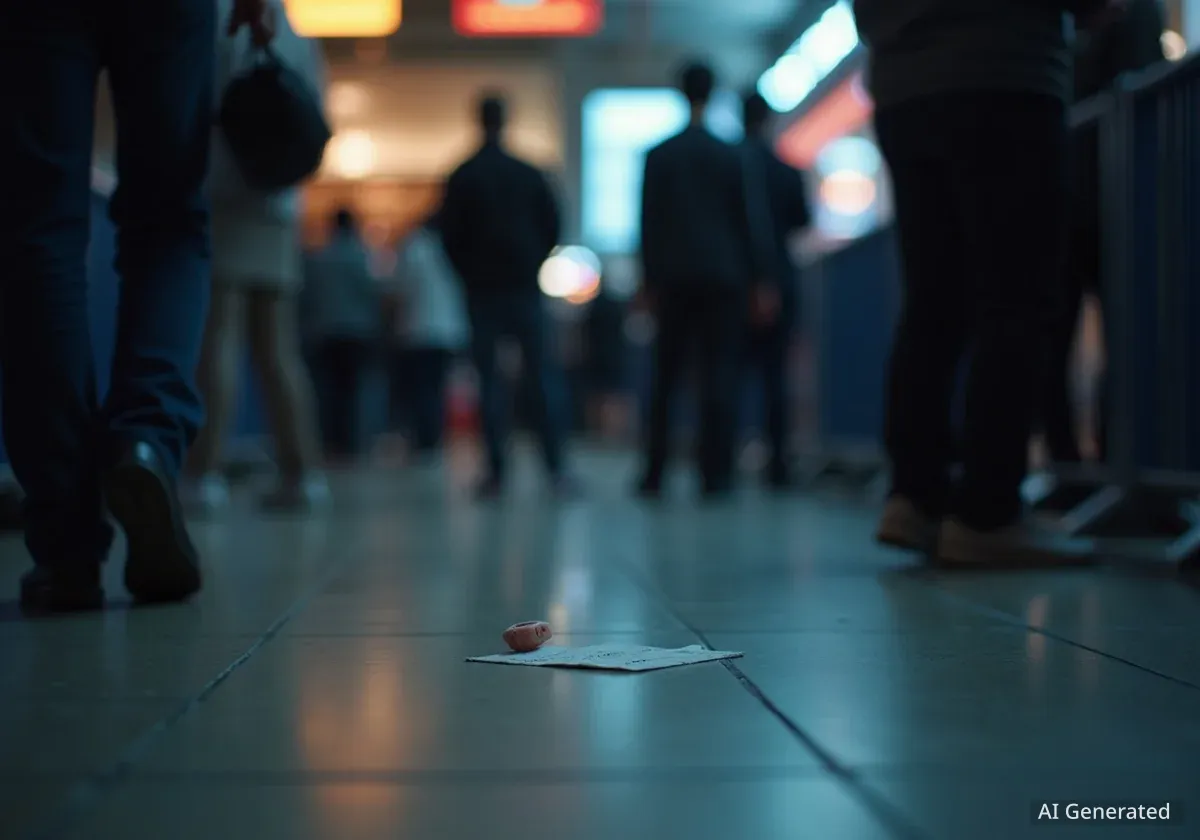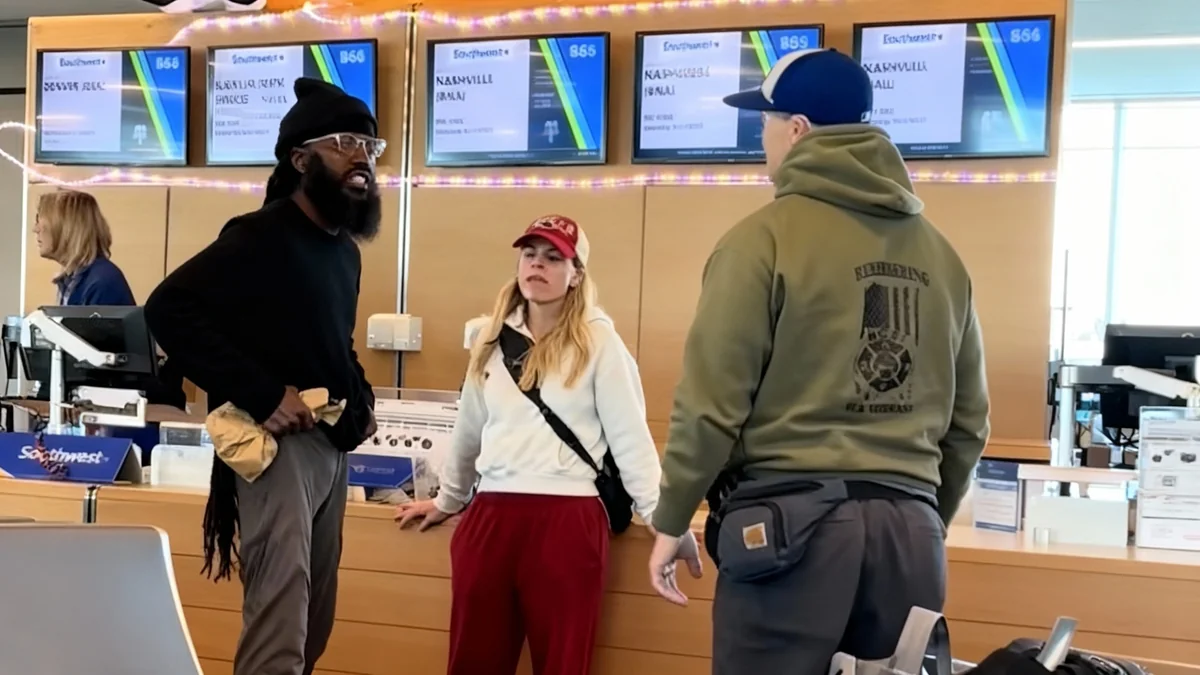The Trump administration has issued a strong warning to the Massachusetts Bay Transportation Authority (MBTA), demanding immediate improvements in safety, cleanliness, and fare enforcement. U.S. Transportation Secretary Sean P. Duffy stated that federal support could be at risk if these changes are not implemented. This directive targets both Boston and Chicago, linking local public policies, such as cashless bail, to rising crime rates on public transit systems.
Key Takeaways
- U.S. Transportation Secretary Sean P. Duffy has demanded immediate safety, cleanliness, and fare enforcement improvements from the MBTA.
- The administration linked local policies, including cashless bail, to increased crime on public transit.
- Boston and Chicago were put on notice, with a threat of losing federal support if actions are not taken.
- The MBTA must submit detailed reports within two weeks outlining steps to deter crime, stop fare evasion, and maintain system cleanliness.
- MBTA General Manager Phil Eng affirmed the agency's commitment to rider safety and ongoing efforts to modernize and secure the system.
Federal Pressure on Transit Systems
U.S. Transportation Secretary Sean P. Duffy announced Friday that the federal government is closely monitoring public transit safety in major cities. Duffy specifically named Boston and Chicago, criticizing what he described as local leaders prioritizing criminals' needs. He stated that both cities allow cashless bail, which he believes contributes to repeat offenses in public spaces, including transit systems.
The Secretary’s statement directly referenced recent violent incidents. These included the fatal stabbing of Ukrainian refugee Iryna Zarutska on a North Carolina commuter train in August. For the MBTA, the department cited news reports of a woman being shoved off a bus and another incident where a man assaulted a passenger with a belt near Harvard Square.
"While local leaders seem intent on putting the needs of criminals first, we’re not waiting for the next Iryna. Chicago and Boston are on notice to take actions that enhance safety and reduce the crime affecting their riders and transit workers – or risk federal support," Duffy wrote in his official statement. "This is about standing up for American families who deserve a safe and clean transportation system."
Demands for Detailed Reports
Secretary Duffy has sent formal letters to MBTA General Manager Phil Eng and his counterpart in Chicago. These letters demand written reports within two weeks. The reports must detail the specific actions being taken to deter crime, combat fare evasion, and ensure a clean environment across their transit systems. Additionally, the federal government requires a summary of all security and safety funding sources, including those from federal agencies.
This federal intervention follows earlier statements from the Trump administration regarding transportation security. Deputy U.S. Transportation Secretary Steven Bradbury made similar remarks last month during an event for Amtrak's new NextGen Acela trains. Bradbury emphasized the need to address cleanliness, crime, and safety for both rail workers and passengers.
Key Fact
The MBTA recently initiated efforts to crack down on fare evasion, partly in response to a $230 million decline in fare revenue compared to pre-pandemic levels. This figure highlights the financial impact of unpaid fares on the transit system's operations and maintenance capabilities.
MBTA's Response to Federal Concerns
MBTA General Manager Phil Eng issued a statement Friday afternoon in response to Secretary Duffy's demands. Eng affirmed the MBTA's commitment to public safety, stating that it is central to all agency operations. He highlighted ongoing cooperation with federal, state, and local law enforcement partners to ensure a secure environment for riders.
Earlier this week, Eng met with FTA Administrator Marc Molinaro in Boston. They discussed their shared commitment to passenger security and providing the safest commute possible for all riders and employees. This ongoing dialogue indicates the MBTA's engagement with federal authorities on these critical issues.
Background on Federal Scrutiny
This latest federal demand comes amidst broader enforcement operations by federal immigration officials in the Greater Boston area. These operations have been accompanied by criticism from administration officials regarding specific Boston ordinances and Massachusetts state laws. The administration's focus on linking local policies to public safety extends beyond transit to other areas of urban governance.
Focus on Modernization and Trust
General Manager Eng emphasized the MBTA's efforts to rebuild public trust through significant investments. These investments cover modernization, technology upgrades, improved accessibility, and infrastructure enhancements. He stated that these initiatives are yielding tangible results as ridership gradually returns to the system.
The MBTA aims to demonstrate that it is a safe and dependable system for its riders. Eng expressed the agency's readiness to provide the requested information to the USDOT and FTA, and to continue showcasing the progress made in collaboration with federal partners. The ongoing focus is on ensuring that the public feels safe and is safe while using public transportation.
Impact on Riders and Operations
The federal government's demands underscore the importance of safety for transit users. For many, the decision to use public transportation is directly tied to their perception of security. Duffy's statement, "The only way you will choose to use transit is if you know it is safe. It doesn’t matter how reliable it is, it doesn’t matter how frequent it is," highlights this critical factor.
The MBTA's efforts to address crime and fare evasion are not only about compliance with federal directives but also about improving the rider experience. Increased security measures, better cleanliness, and effective fare collection can contribute to a more positive and reliable transit system. The outcome of these federal demands will likely shape future funding and operational strategies for the MBTA.
- Safety: Enhanced police presence and security protocols.
- Cleanliness: More frequent cleaning schedules and maintenance.
- Fare Evasion: Stricter enforcement and improved collection methods.
- Funding: Potential impact on federal grants and financial support.
The two-week deadline for the MBTA to submit its detailed reports means that rapid action and clear communication will be essential. This situation puts significant pressure on the MBTA to demonstrate its commitment to addressing these federal concerns effectively and promptly.

